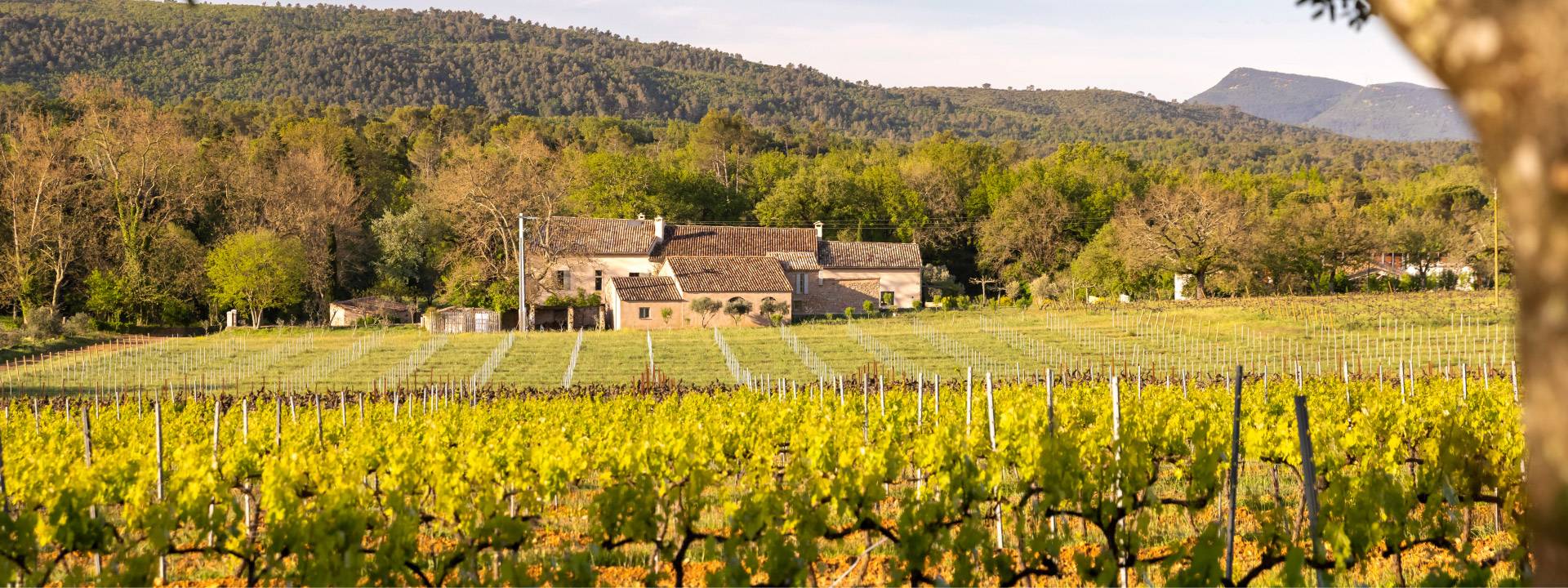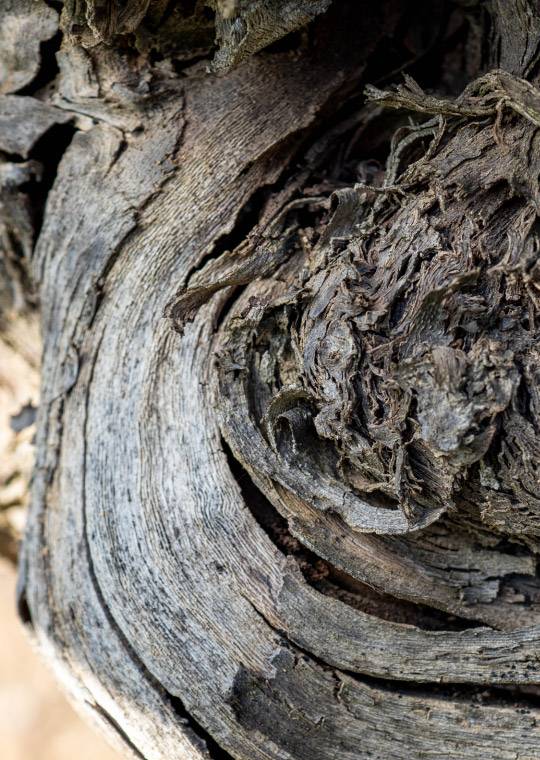Our terroir
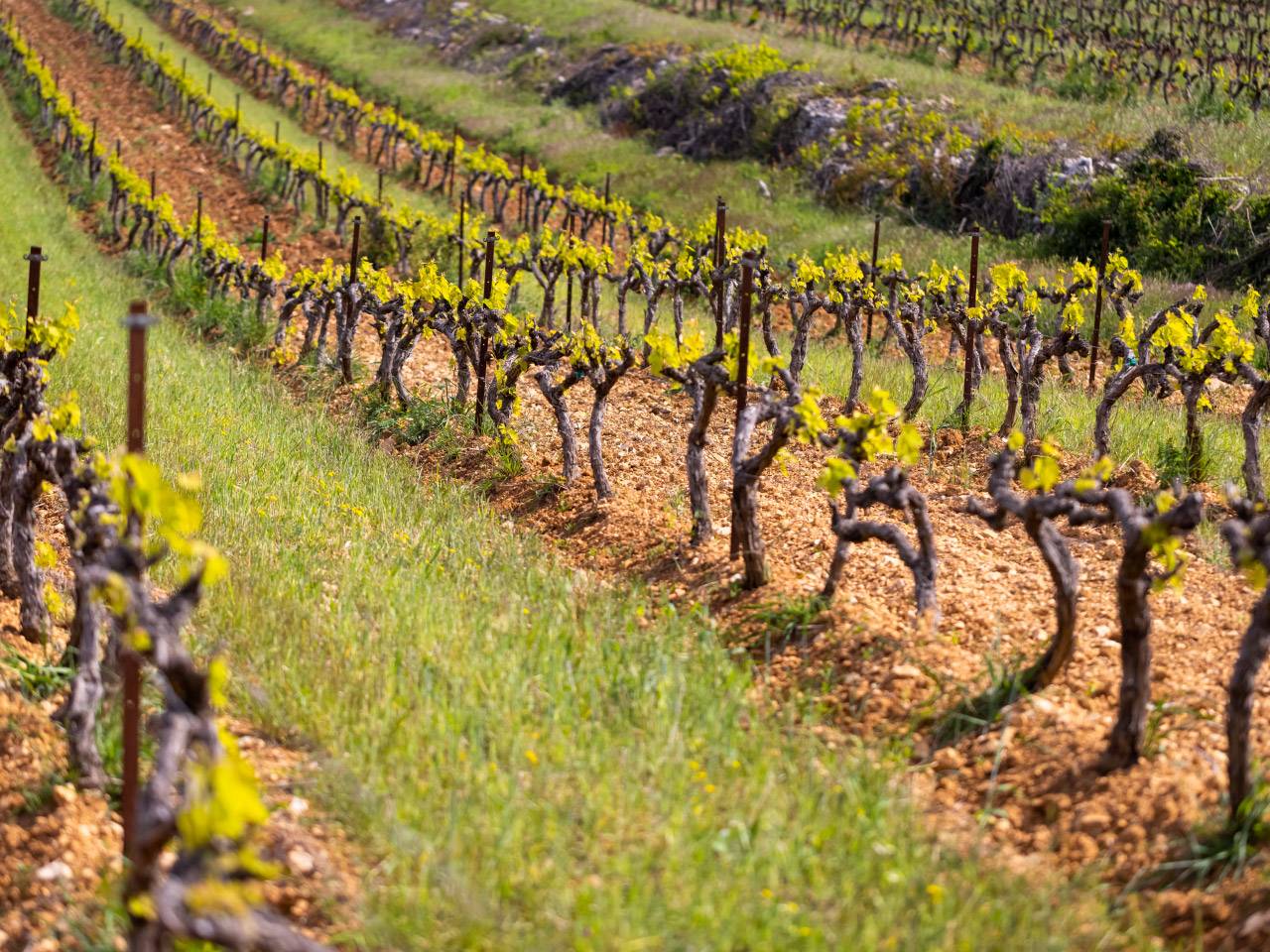
UNDER THE PROVENCAL SUN
While rosé is the dominant wine colour in Provence, some vineyards like Domaine de Cala make red and white wines that are well worth trying. Sun-drenched and wind-swept, nourished by balanced earth where the freshness of clay combines with the minerality of limestone, our vines produce delightful wines whose fruit remains intact.
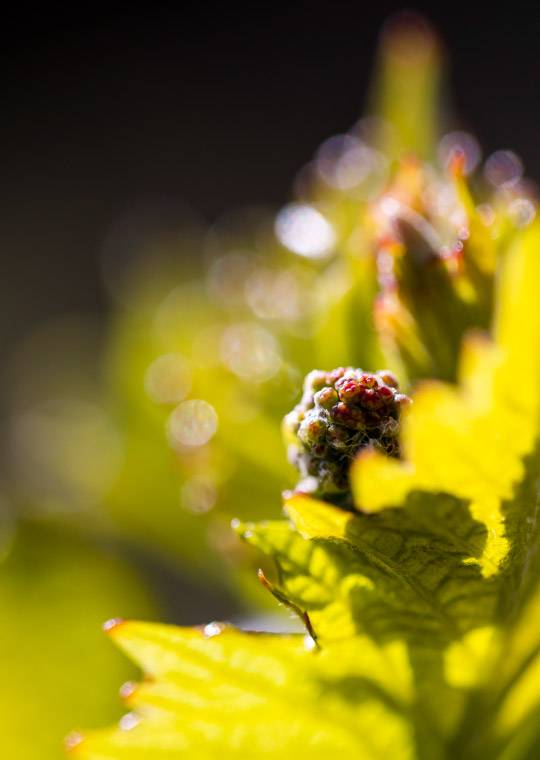
The soil at Cala,
a subtle rapport between clay and limestone
Whatever the colour, all our wines are designated as "Coteaux Varois en Provence", "Côtes de Provence", or "Protected Geographical Indication".
Our grapes
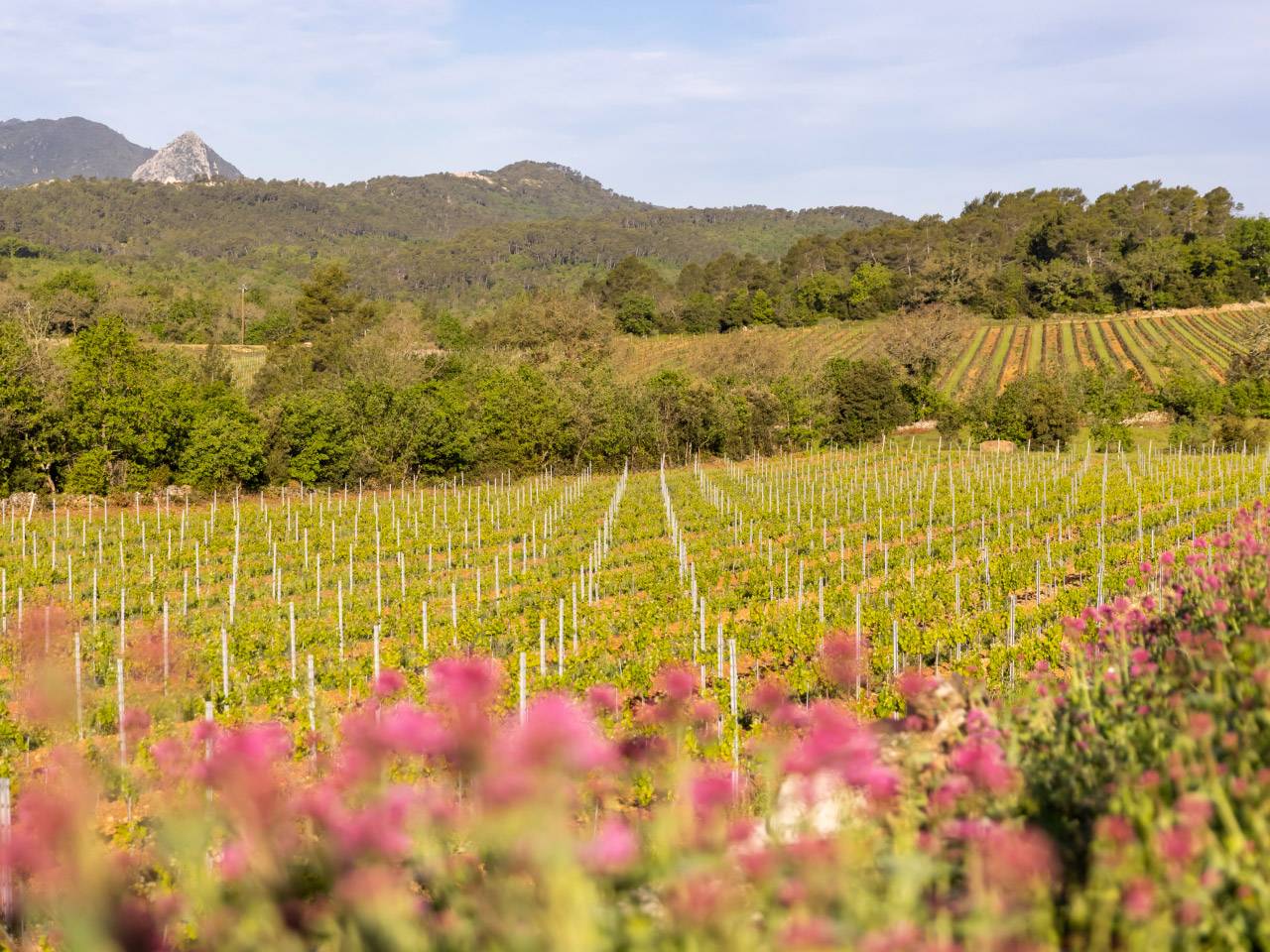
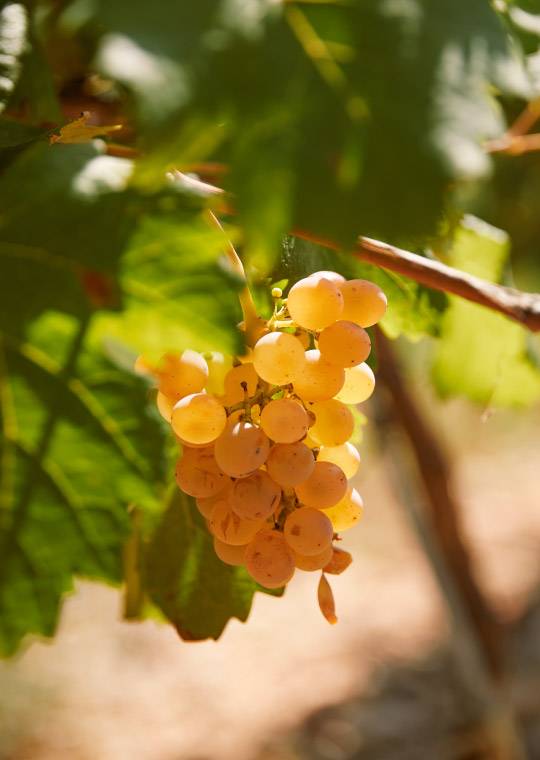
« Our four red varieties and three whites, chosen by mass selection, allow us to reconnect with early varieties… »
THE CHALLENGE OF FINDING BALANCE
At Domaine de Cala, we have taken the time to carefully determine which grapes to grow. Our four red varieties and three whites, chosen by mass selection, allow us to reconnect with early varieties. Because you need the best grapes to make the best wine. Among the more predominant varieties, Grenache – the Mediterranean grape par excellence – produces sweeter, mellow wine, while Syrah makes for powerful, forthright reds. The rarer grapes include Carignan for our red wines and Clairette for our whites.
Although people gave shape to the vineyard, environmental protection remains a priority at Cala, involving controlled plant cover, manual or mechanical weeding, non-chemical treatments using sulphur and copper sulphate, organic fertiliser and more. Here, we know how to mix species in order to enrich the land on a lasting basis. And we enjoy doing part of each harvest by hand, like in the olden days.
Domaine de Cala's wine is organic since 2022.
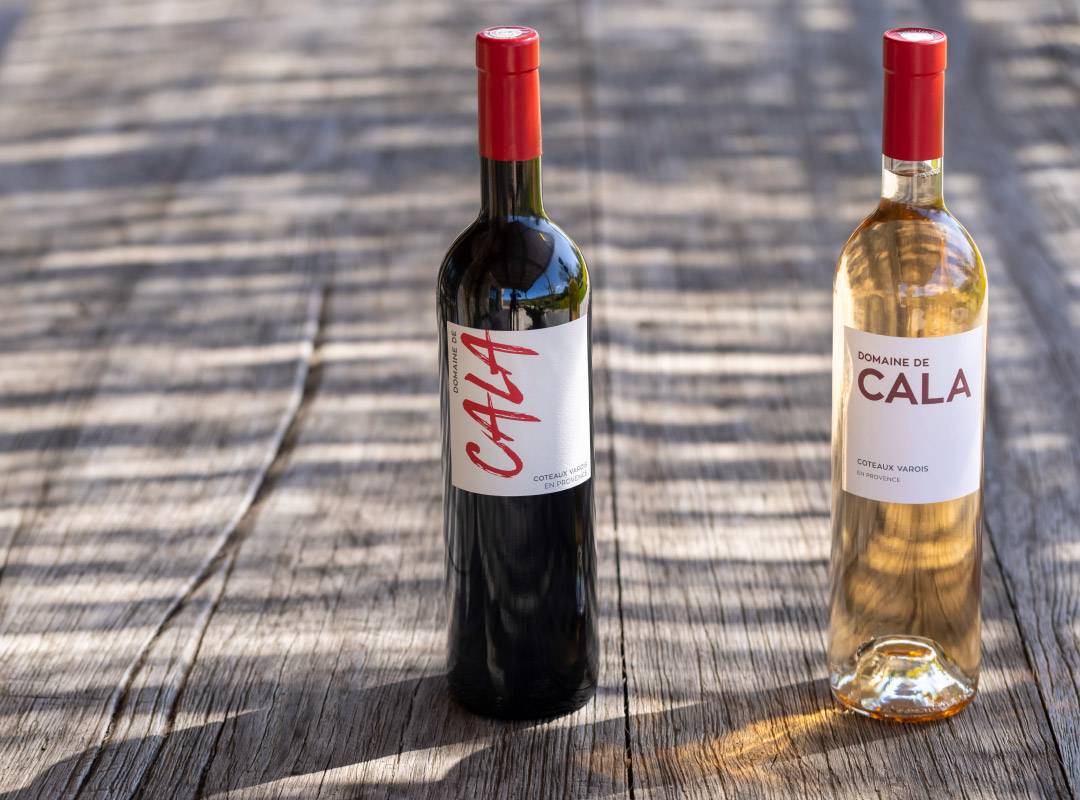
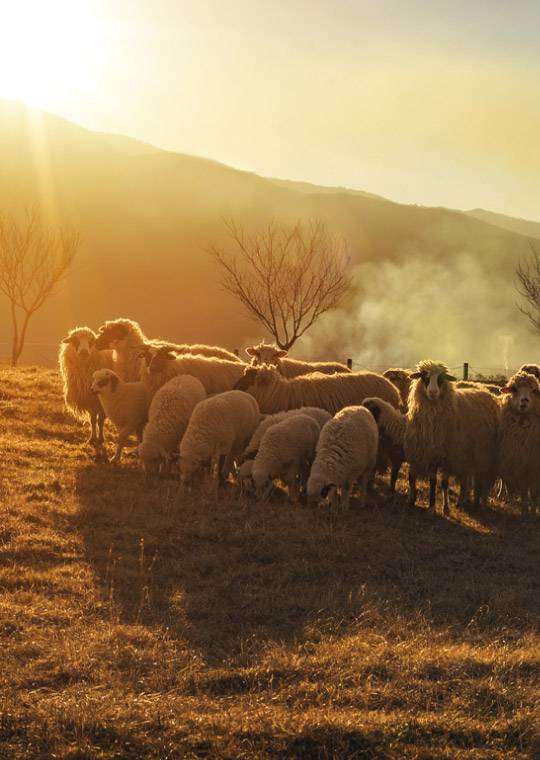
COUNTING SHEEP
Sheep are also part of the history of Domaine de Cala. Just like his father did 40 years ago, Michel Granier lets his sheep out to graze the land: “There are always sheep on the property – proof that the environment is healthy”. The tradition continues with this natural contribution to the vineyard’s maintenance.
